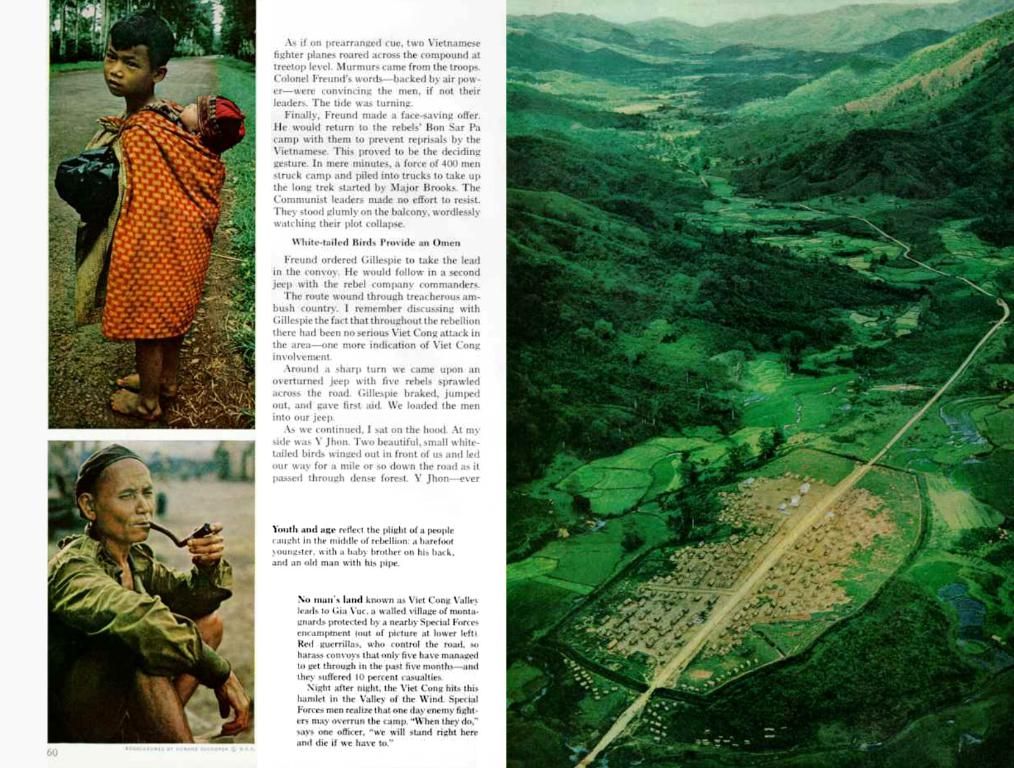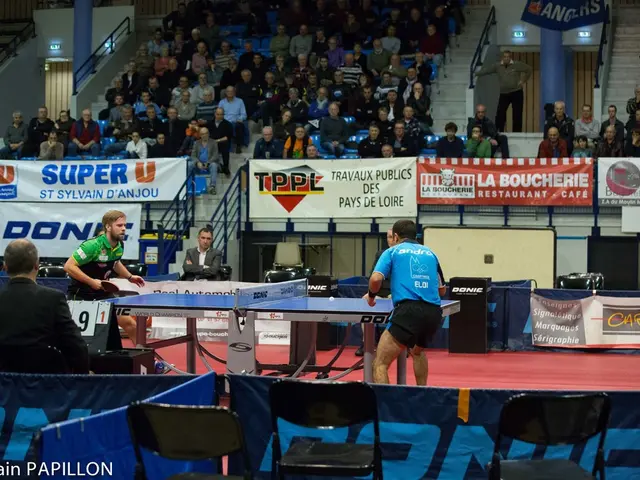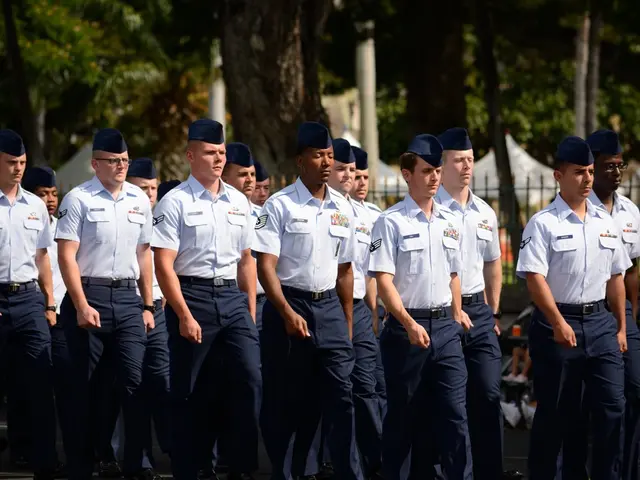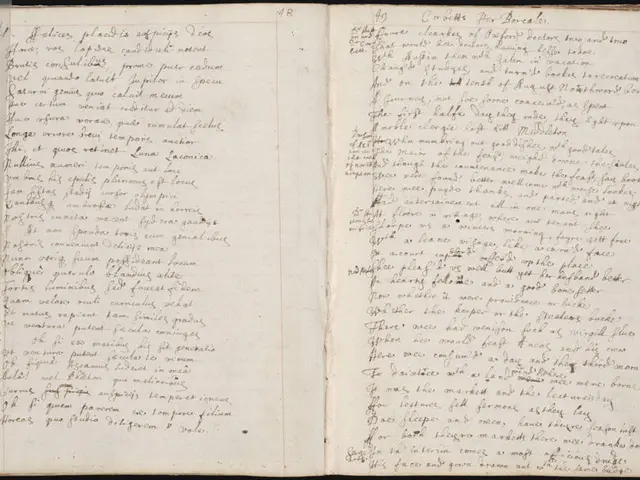Azerbaijan and Karabakh are engaging in a dialogue.
Frequent, public talks are happening between Azerbaijan and the Armenian populace of Nagorno-Karabakh, with a focus on local issues for the Karabakhis and the pursuit of sovereignty for Azerbaijan.
On March 1, there was a meeting in Khojaly mediated by Russian peacekeepers between Azerbaijani MP Ramin Mammadov and representatives of the Karabakh Armenians. The Armenian de facto administration reported that the local Armenian population was represented by the national security council leadership, and issues like the blockade of the region and concerns about mine exploitation were discussed.
The news of this meeting, reported by pro-government Azerbaijani media, marks the first time such a gathering was covered by them. Earlier meetings had been shared only by Armenian and Karabakh outlets.
These dialogues occur amid Azerbaijan's increased efforts to incorporate Karabakh, governed as an unrecognized ethnic Armenian statelet since the early '90s, into its fold. Simultaneously, Azerbaijan seems to be backing away from its demand for a seamless transportation route through the Republic of Armenia, known as the Zangezur Corridor.
This dialogue process was seen as part of the Armenian-Azerbaijani peace process, despite Baku's insistence that its engagement with the ethnic Armenian population of Karabakh is an internal matter. However, a meeting in Prague between Armenian and Azerbaijani leaders with EU mediation in October 2021 appeared to provide a breakthrough on this front. Though the official readout did not mention Nagorno-Karabakh, both Armenian and Azerbaijani media reported that it was agreed to separate the peace process into two tracks: Armenia-Azerbaijan talks and Baku-Stepanakert (De Facto Capital of Nagorno-Karabakh) talks.
In light of these developments, it's clear that Azerbaijan aims to establish full control over Nagorno-Karabakh, grant it no special autonomous status, and accept the local Armenians as its own citizens. While they are open to discussions with the Karabakhi Armenians, they have set clear boundaries, refusing to engage with officials who moved there during the occupation and committed crimes against Azerbaijan.
Recent constitutional changes in Armenia ratified by its parliament in December 2021 address concerns about the use of language that could be seen as claims on Azerbaijani territory[1]. However, questions remain about the implementation of these constitutional changes and their impact on the broader peace process[1].
[1] Central Asia Caucasus Analytical Network (CACAN), "Armenia Ratifies Constitutional Amendments, but Azerbaijan Unhappy," December 13, 2021.[2] European Union External Action, "Presidential Statement on the Situation in and around Nagorno-Karabakh," January 11, 2022.[3] Open Source Center, "Meeting of Political and Public Figures of Armenia and Azerbaijan with Mediation of European Union" October 6, 2021.[4] Knupon, M.C. "Why ethnic tensions continue to rise in Armenia and Azerbaijan?," August 4, 2021[5] Arslanian, S. "Negotiating the Nagorno-Karabakh Conflict," April 2022
- The discussions between Azerbaijan and the Karabakh Armenians revolve around local issues for the Karabakhis and Azerbaijan's pursuit of sovereignty.
- Morning talks in Khojaly, led by Russian peacekeepers, were held between Azerbaijani MP Ramin Mammadov and Karabakh Armenian representatives, discussing the regional blockade and mine exploitation concerns.
- Pro-government Azerbaijani media have covered the meeting for the first time, marking a shift from their previous practice of only sharing news about such gatherings through Armenian and Karabakh outlets.
- Azerbaijan is making an increased effort to incorporate Karabakh, which has been an unrecognized ethnic Armenian statelet since the early '90s, into its territory.
- Simultaneously, Azerbaijan seems to be abandoning its demand for a unified transportation route through the Republic of Armenia, known as the Zangezur Corridor.
- Recent developments indicate that Azerbaijan aims to take full control of Nagorno-Karabakh without accord ing it any special autonomous status and accepting the local Armenians as its own citizens.
- Azerbaijan is open to negotiations with the Karabakhi Armenians but has drawn lines, refusing to engage with officials who were involved in crimes against Azerbaijan during the occupation.
- Recent constitutional changes in Armenia address concerns about language that might imply claims on Azerbaijani territory, but questions remain about the execution of these changes and their impact on the wider peace process.
- Politics regarding Nagorno-Karabakh, football matches between Azerbaijani and Armenian teams, business deals between the countries, war and conflicts between regional powers, migration patterns, environmental issues, crime and justice, general news, car accidents, fires, and sports analysis, including football games in the NFL and NCAA, have not ceased to be topics of interest and debate.








